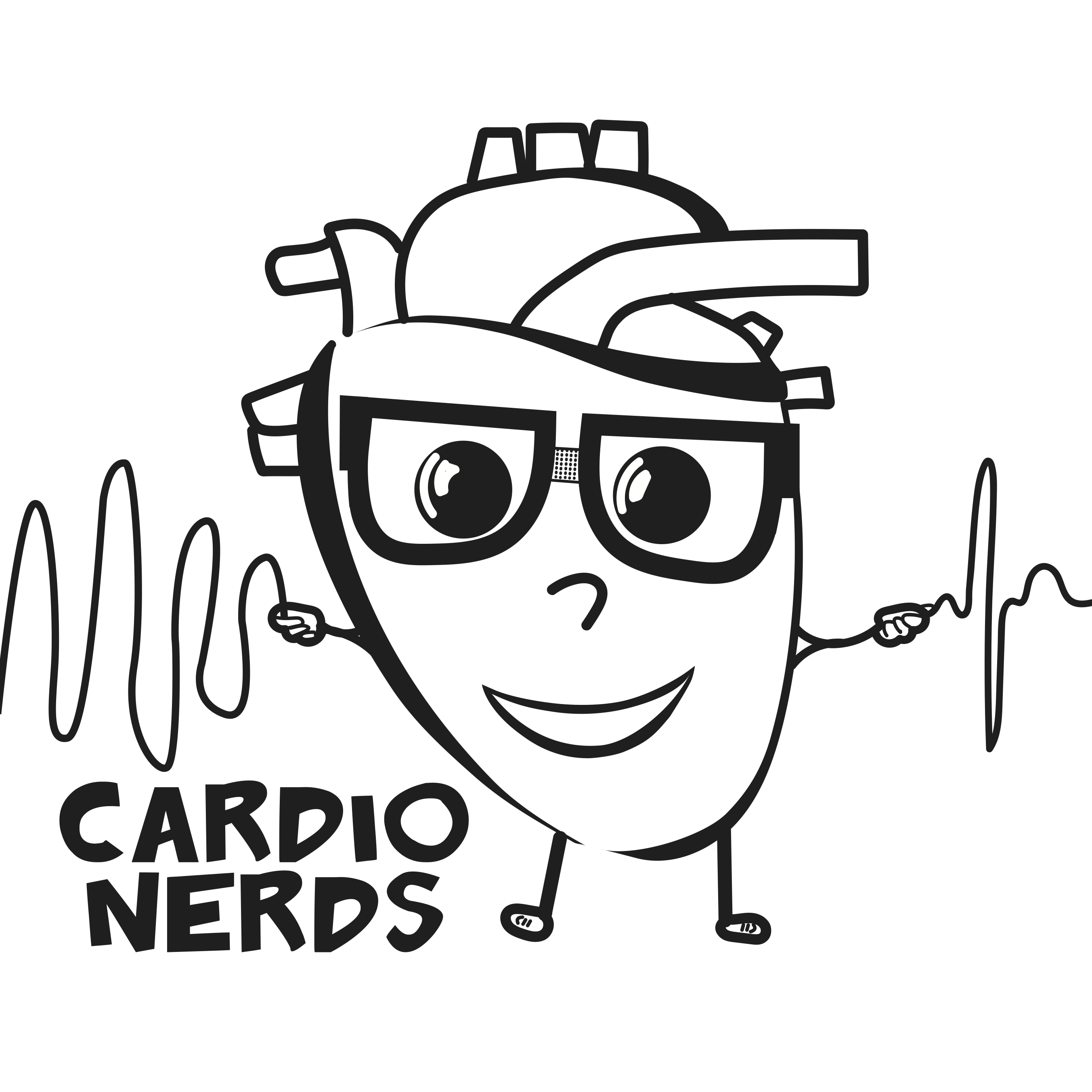327. Cardio-Oncology: Interventional CardioOncology with Dr. Cezar Iliescu

CardioNerds CardioOncology Series Co-Chairs, Dr. Teodora Donisan and Dr. Dinu Balanescu, and FIT Lead Dr. Bala Pushparaji discuss Interventional CardioOncology with Prof. Cezar Iliescu.\n\n\n\nIn this episode, we discuss the spectrum of cardiovascular diseases encountered by the interventional onco-cardiologist, with a focus on nuances in endovascular therapies tailored to cancer patients and their unique comorbidities and complications. We also discuss certain special scenarios seen in the critically ill cancer patient, such as chronic thrombocytopenia, and how they alter standard of care compared to non-cancer patients.\n\n\n\nShow notes were drafted by Dr. Bala Pushparaji and episode audio editing was performed by Dr. Akiva Rosenzveig.\n\n\n\n This episode is supported by a grant from Pfizer Inc.\n\n\n\nThis CardioNerds Cardio-Oncology series is a multi-institutional collaboration made possible by contributions of stellar fellow leads and expert faculty from several programs, led by series co-chairs,\xa0Dr. Giselle Suero Abreu,\xa0Dr. Dinu Balanescu, and\xa0Dr. Teodora Donisan.\xa0\n\n\n\n\n\n\n\n\n\n\n\nCardioNerds Cardio-Oncology PageCardioNerds Episode PageCardioNerds AcademyCardionerds Healy Honor Roll\n\n\n\n\n\nCardioNerds Journal ClubSubscribe to The Heartbeat Newsletter!Check out CardioNerds SWAG!Become a CardioNerds Patron!\n\n\n\n\n\n\n\n\n\nPearls and Quotes - Interventional CardioOncology\n\n\n\n\nCancer should be treated as a chronic illness akin to hypertension or diabetes and should not deprive patients from receiving appropriate cardiovascular treatment if otherwise indicated (e.g., PCI for acute coronary syndromes, etc.).\n\n\n\nIn cancer patients with stable angina, along with maximizing medical therapy, multimodality imaging (CTA/PET), intravascular imaging (IVUS/OCT), and physiologic testing (iFR/FFR) should be used routinely to prevent unnecessary stenting.\n\n\n\nCaution is required in the cath lab for the cancer patient with thrombocytopenia. Techniques include utilizing micropuncture access, transfusing appropriate blood products based on thromboelastogram (TEG), and adjusting antiplatelet therapy regimens and duration.\n\n\n\nTranscatheter aortic valve replacement (TAVR) is now the recommended treatment for most cancer patients with symptomatic/severe aortic stenosis and, if otherwise indicated, should preferably be pursued prior to cancer treatment to optimize the patient\u2019s cardiovascular fitness and tolerance of anti-cancer therapy.\n\n\n\nPericardiocentesis in the cancer patient should be performed preferably under fluoroscopy with echocardiography and vascular ultrasound guidance (\u201ctriple guidance\u201d).\n\n\n\n\nShow notes - Interventional CardioOncology\n\n\n\nWhat is the general approach to cardiovascular illness in the cancer patient?\n\n\n\n\nCancer and cardiovascular diseases share numerous risk factors. In addition, cancer and cancer therapies can be atherogenic, by means of inducing pro-inflammatory and hyprecoagulable states, increasing the risk of ischemic heart disease, stroke, and peripheral arterial disease.1\n\n\n\nIn the outpatient setting, emphasis should be placed on optimizing cardiovascular risk factors and improving overall cardiovascular fitness by exercising, having a healthy diet, and having regular sleep hours as these favor survivorship after cancer treatment. Questions to be answered in the clinic are - Is the patient cardiovascularly fit? Will the patient\u2019s heart withstand cancer treatment? Is there concern for coronary artery disease, valvular disease, pericardial disease, or pulmonary hypertension?\n\n\n\nRisk assessment and treatment for cancer patients with suspected or known cardiovascular disease should generally follow established ACC/AHA guidelines, with special considerations as outlined by the Society of Cardiovacular Angiography and Interventions (SCAI).2\n\n\n\nPre-chemotherapy cardioprotection for patients without coronary artery disease (CAD) with prophylactic beta-blockers, ACEi/ARB, and statins should be considered when appropriate.